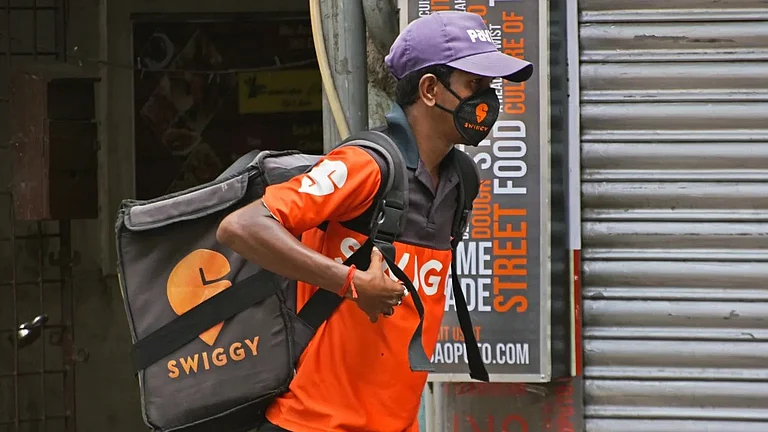
Karnataka passes Platform-Based Gig Workers Bill establishing statutory Gig Workers’ Welfare Board
Introduces 1–5% welfare fee per transaction, funding a pooled welfare fund
Mandates registration, payment transparency and protections against sudden aggregator terminations
Rules to set fee slabs; Board to oversee health cards and dispute redressal
The Karnataka Legislative Assembly on Tuesday approved the Karnataka Platform-Based Gig Workers (Social Security and Welfare) Bill, 2025. The bill will pave the way for a statutory welfare board, a pooled welfare fund and fresh obligations on platform-based aggregators, including a welfare fee of 1–5% per transaction to be deducted from workers’ payouts.
Labour minister Santosh Lad said the fee will vary by aggregator category and will be fixed when rules are framed.
The Bill sets up a Gig Workers’ Welfare Board, mandates registration of platform-based gig workers and aggregators, and creates a welfare fund financed by the transaction levy, state grants, donations and other transfers.
It also requires platforms to ensure income security and “reasonable working conditions,” and introduces transparency and dispute-resolution measures for algorithmic monitoring and automated decisions.
Job-Security & Dispute Redressal Provisions
Under the law, an aggregator cannot terminate a gig worker without 14 days’ prior notice and written reasons.
The Board will oversee health cards, occupational safety measures and social-security entitlements; the labour department must develop software to monitor payments and provide gig-by-gig payout data to the Board, the minister said.
The Bill applies to a wide range of platform services: ride-sharing, food and grocery delivery, logistics, e-marketplaces (B2B/B2C), professional services, healthcare, travel and hospitality and content/media services. Lad cited NITI Aayog estimates that India could have 23.5 million gig workers by 2029–30 and said Karnataka has about 400,000 platform workers today.
Rules, Implementation & Penalties
Rules that will determine the exact welfare-fee slabs (1–5%), the Board’s powers and operational details are under preparation; officials said those will be finalised after stakeholder consultations. The Bill follows an ordinance promulgated in May and is intended to give permanent statutory backing to earlier emergency measures.
While the Bill was presented as a welfare and safety measure, it raises immediate questions for aggregators over compliance costs, pricing and transaction accounting.
The minister acknowledged different business models require different fee levels, Swiggy and Zomato, for example, will be treated differently from e-commerce platforms, and said the matter will be addressed in the rules.
Assembly Business: Other Laws Passed
In the same sitting the house also cleared amendments on municipal regularisation of unlawful buildings, revised port landing and shipping fees, an extension of the Essential Services Maintenance Act, and tighter reserve requirements for Souharda cooperatives.
Karnataka has set a precedent among Indian states by converting an ordinance into a permanent law that combines compulsory welfare levies with worker registration and minimum procedural protections.
The next six to 12 months, rule-making, Board formation and early compliance tests, will determine how quickly benefits reach workers and how industry adapts to the new cost and governance regime.


































